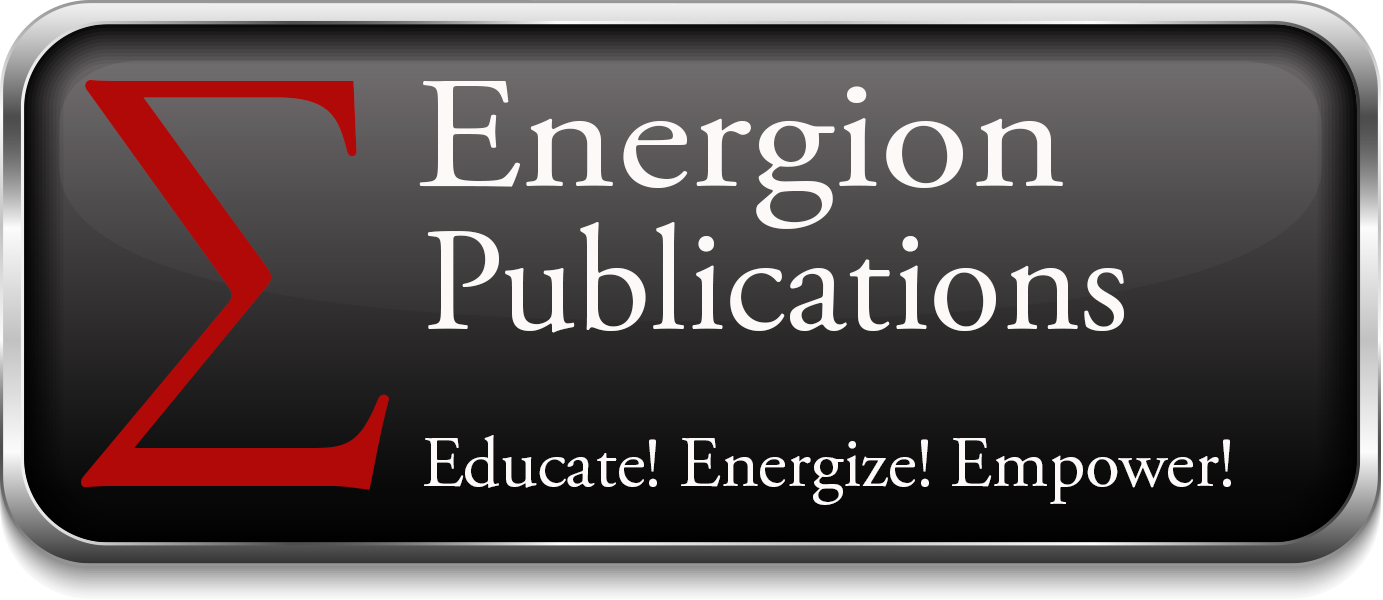First Week in Advent – Day 6 – A Continuity of Hope
The authors are not interested in divine knowledge for its own sake. Rather, it is to aid the Colossians in their life together as the church. The gospel is credible only as it is demonstrated by individual saints and the church collectively in the good works that bear witness to God’s kingdom. Christian convictions must be revealed in practice (cf. James 2:18). If one is to live in God’s world and bear fruit, one must have knowledge of God’s will in wisdom and understanding.
Allan R. Bevere, Colossians & Philemon: A Participatory Study Guide, pp. 18-19
From thankfulness to unceasing prayer, Paul and Timothy move to express their hope for the Colossians—that they may be made strong in divine strength and that they may be prepared to endure all things with patience and giving thanks to God in the midst of it all (vv. 11-12a). The Colossians have this hope because they are “a people in whose life the new age has already dawned” (compare Galatians 5:22-23), with the capacity to maintain hope in God’s future triumph (Colossians 1:5; 1 Thessalonians 5:14) even in the midst of present adversity (2 Corinthians 6:4; James 1:2-4; 5:10-11).17
The Colossians can be confident of having such strength and patience because in verses 12-14 he clearly connects the church as God’s chosen people in continuity with God’s chosen Israel. Paul employs echoes of the Old Testament in these verses—echoes that hearken back to the Exodus from Egypt and Israel’s entrance into the Promised Land of Canaan—deliverance and sharing in the inheritance (cf. Deuteronomy 10:9; 12:12; 14:27, 29; 18:1; Joshua 19:9; Jeremiah 13:25). Paul and Timothy appropriate this imagery and use it in reference to the church, which includes both Jews and Gentiles. The Gentile Christians now share in the inheritance of deliverance and salvation given to Israel by God’s grace. The affirmation of 1:12-14 (cf. Ephesians 2:11-13) implies that the inheritance of the people of God given by grace is no longer the privilege of one race, but has now been expanded to include those not of Jewish background. “The promise of the land is widened into the promise of a whole new creation.”18
*****
17. Robert W. Wall, Colossians and Philemon (Downers: Grove: Inter- Varsity Press, 1993), pp. 53-54.
18. N.T. Wright, Colossians and Philemon, Tyndale New Testament Commentaries (Downers Give: IVP Academic, 2008, p. 61.





